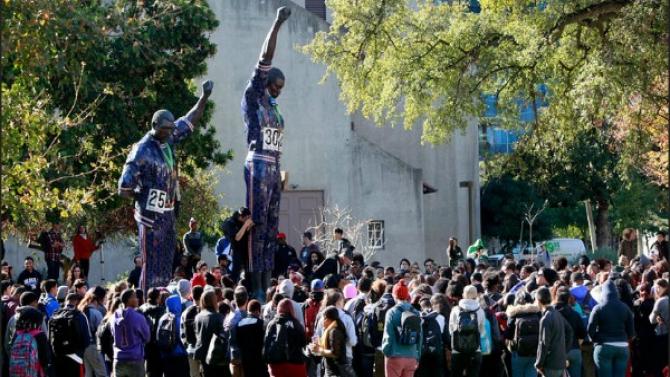Senator Kirsten Gillibrand (D-NY) and Representative Rosa DeLauro (D-CT) introduced The Family and Medical Insurance Leave Act (The FAMILY Act) today. If passed, the act will help millions of workers afford take time off to address their own serious health condition or to care for an immediate family member or new child.

The FAMILY Act will provide workers with up to 12 weeks of partial income when they take time off to care for their health or the health of a child, parent, spouse or domestic partner. It will be funded by employee and employer payroll contributions administered through a new Office of Paid Family and Medical Leave in the Social Security Administration [PDF]. Unlike the Family and Medical Leave Act of 1993, the new FAMILY Act allows all workers to be eligible for benefits, including part-time, younger, and lower-wage employees.
Currently, only 12 percent of US workers have access to paid family leave and fewer than 40 percent have paid medical leave, meaning many workers – particularly women and low wage workers – are just one illness or birth away from financial disaster. “Motherhood should not lead to poverty,” Feminist Majority Policy and Research Director Gaylynn Burroughs wrote on the Feminist Majority blog. “Caring for a loved one should not mean insurmountable debt and bankruptcy. Lost income combined with new medical costs can be financially devastating to a family at a time when they may be most vulnerable and unable to recover.”
TAKE ACTION: Urge your representatives to support this critical legislation.
Media Resources: National Partnership for Women and Families 12/13; PR Newswire 12/12/13; Feminist Majority Blog 12/12/13







































